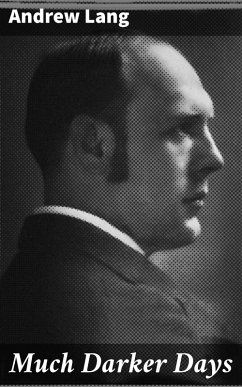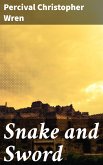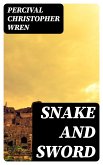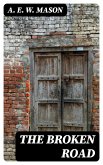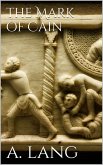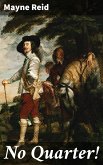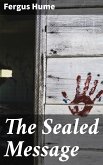In "Much Darker Days," Andrew Lang crafts a poignant exploration of human resilience in the face of despair. This collection of short stories immerses readers in richly detailed landscapes and complex characters, employing a lyrical prose style that reflects Lang's mastery over narrative rhythm. The work is set against the backdrop of the late 19th century, where societal norms clash with personal ambitions, allowing for an intricate examination of the Victorian psyche. Each tale resonates with themes of existential struggle, drawing readers into a world both familiar and deeply introspective. Andrew Lang, a Scottish poet, novelist, and critic, is renowned for his contributions to literature and folkloric studies. His deep-rooted fascination with myth and folklore is evident in "Much Darker Days," as he weaves elements of the fantastical into his narratives, perhaps influenced by his extensive travels and interactions with diverse cultures. Lang's background in anthropology and editing various folklore collections enriches his storytelling, infusing his work with a unique blend of realism and mythic resonance. I highly recommend "Much Darker Days" to readers seeking a profound literary experience that traverses the boundaries of time and reality. Lang's insights into the human condition and his graceful storytelling invite reflection and inspire deeper understanding. This collection is an essential addition for those who appreciate literature that both challenges and enriches the soul.
Dieser Download kann aus rechtlichen Gründen nur mit Rechnungsadresse in A, B, BG, CY, CZ, D, DK, EW, E, FIN, F, GR, H, IRL, I, LT, L, LR, M, NL, PL, P, R, S, SLO, SK ausgeliefert werden.

